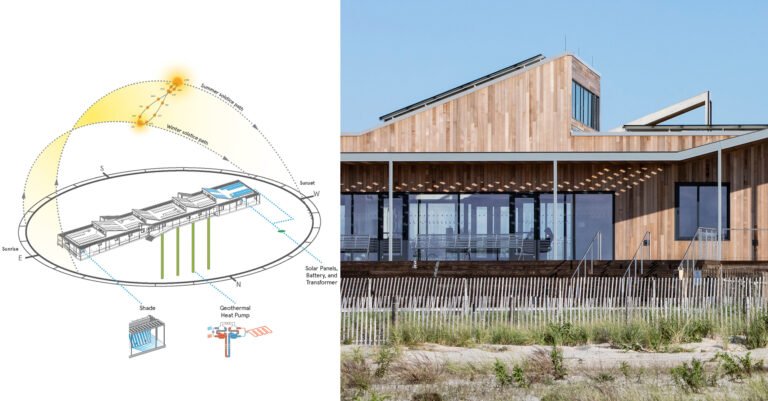How Seaweed Can Keep Plastics Out of the Ocean
Consider the fact that plastic, in all of its myriad forms, can take up to 450 years to decompose. Throughout that time span, plastic causes many types of environmental destruction, such as releasing toxic substances into the air and soil, killing marine life, and destroying natural habitats, among many others. Though eliminating straws and plastic takeout bags is a good first step, it’s not doing nearly enough to save the planet. Luckily, London-based Notpla is onto something that may help. The startup, founded by Rodrigo García González and Pierre Paslier, in 2014, recently closed a $13.5 million Series A financing round and has developed a product similar to plastic in every way but one: It is compostable and dissolvable. And in some cases, it’s even edible.
With packets for condiments, a film wrap for pantry and bathroom products (think coffee or toilet paper), and takeaway boxes lined with plastic alternatives, Notpla is doing its part to protect the world’s fragile ecosystems one ketchup packet at a time. The key ingredient? Seaweed, which is a better alternative to plastic than people have imagined. And as for the name, Notpla is an abbreviated version of “not plastic,” a suitable term for the products that look and feel exactly like it. “By using seaweed, we are addressing both the environmental and health implications of single-use plastic waste. Seaweed can grow three feet per day, doesn’t require fresh water or fertilizer, and is one of the fastest carbon sequestration mechanisms on the planet,” González explains.
Unbeknownst to much of the world, seaweed is a sustainable material that doesn’t compete with anything on land. It also harnesses carbon dioxide, which benefits the environment. The founders’ ultimate goal is to stop the production of billions of pounds of single-use plastics, but until then, using seaweed as a more than suitable alternative could suffice.




